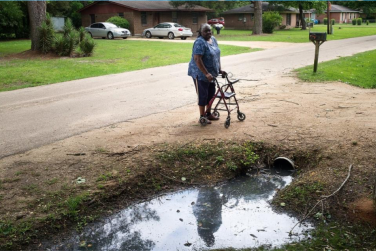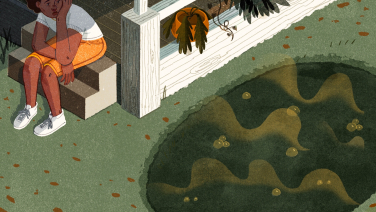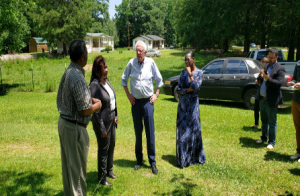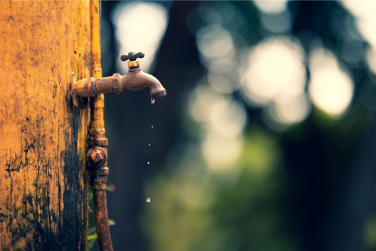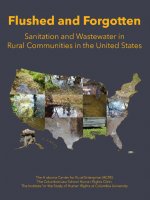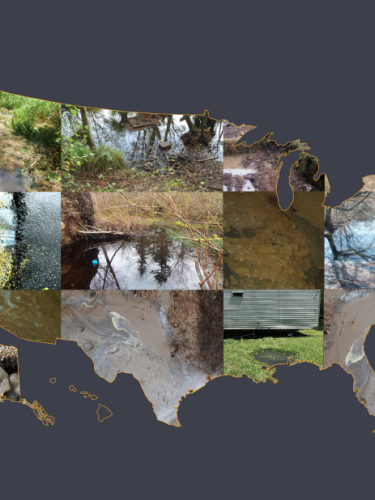
Many Americans take for granted access to functioning toilets, but poverty-stricken rural communities have long been denied affordable sanitation, and more than 540,000 U.S. households do not have adequate plumbing. The Human Rights Institute (HRI) works to improve the right to sanitation in the United States, especially for Black, Latinx, and Indigenous communities.
In the more than half a million households that lack basic sanitation, human waste backs up into homes and stagnates in front yards. This exposure to feces causes people to develop chronic health conditions and contract tropical diseases, such as hookworm.
Working with impacted communities across the United States, HRI documents violations of the right to sanitation, and advocates for laws and policies that secure this basic right. We also engage in innovative global and domestic advocacy to raise awareness of the connection between poor sanitation access and discrimination, and to keep sanitation on the national policy agenda.
HRI co-authored one of the first human rights reports documenting the U.S. sanitation crisis and outlined key policy changes. In the midst of the COVID-19 pandemic, HRI used this information to brief more than 45 governments from around the world on how the lack of access to water and sanitation exacerbated the impacts of the virus in the United States. Our work secured two UN recommendations to the United States to improve sanitation and end criminalization of poverty, influencing the Biden-Harris Administration’s policy agenda in its first 100 days.

